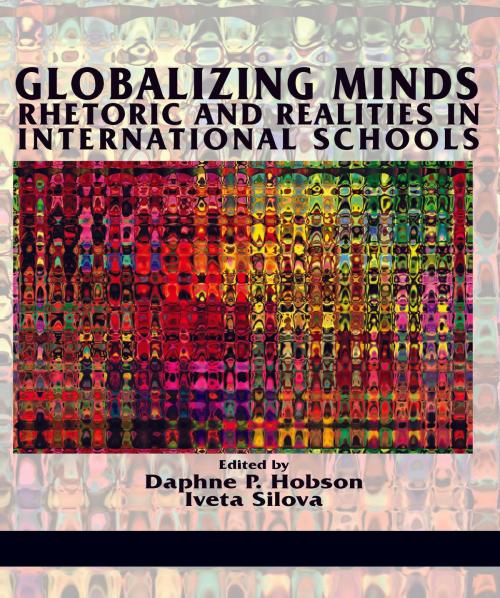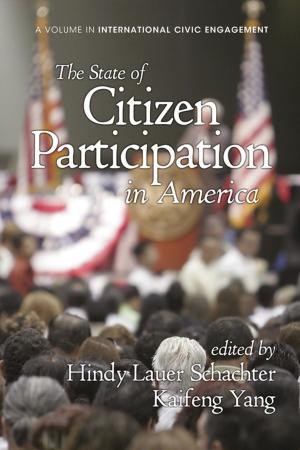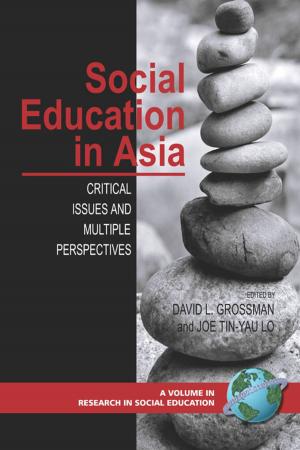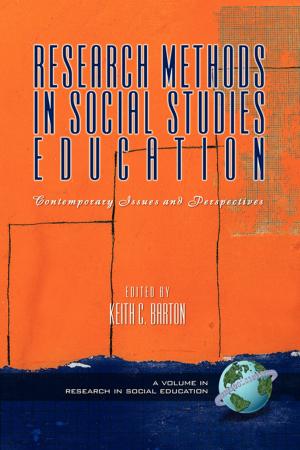Globalizing Minds
Rhetoric And Realities In International Schools
Nonfiction, Reference & Language, Education & Teaching, Educational Theory, Aims & Objectives| Author: | ISBN: | 9781623965884 | |
| Publisher: | Information Age Publishing | Publication: | May 1, 2014 |
| Imprint: | Information Age Publishing | Language: | English |
| Author: | |
| ISBN: | 9781623965884 |
| Publisher: | Information Age Publishing |
| Publication: | May 1, 2014 |
| Imprint: | Information Age Publishing |
| Language: | English |
Globalization has a profound effect on the mission and goals of education worldwide. One of its most visible manifestations is the worldwide endorsement of the idea of “education for global citizenship,” which has been enthusiastically supported by national governments, politicians, and policymakers across different nations. Increasingly, the educational institutions feel under pressure to respond to globalization forces by preparing students to engage competitively and successfully with this new realm, lest their nations be left in the dust. What is the role of international schools in implementing the idea of “education for global citizenship”? How do these schools create a culturally unbiased global curriculum when the adopted models have been developed by Western societies and at the very least are replete with (Western) cultural values, traditions, and biases? This collection of essays attempts to grapple with these complex issues, while highlighting that culture and politics closely intertwine with schooling and curriculum as parents, administrators, teachers, and students of different backgrounds and interests negotiate definitions of self and each other to construct knowledge in particular contexts. The goal is to examine the complexity of factors that drive the global demand for “education for global citizenship” and deconstruct the contested nature of “global citizenship” by examining how the phenomenon is understood, interpreted, and modified in different cultural settings. The authors provide not only a thick description of their cases, but also a critical assessment of various attempts to initiate and implement educational reforms aimed at the development of globallyminded citizens in various national settings.
Globalization has a profound effect on the mission and goals of education worldwide. One of its most visible manifestations is the worldwide endorsement of the idea of “education for global citizenship,” which has been enthusiastically supported by national governments, politicians, and policymakers across different nations. Increasingly, the educational institutions feel under pressure to respond to globalization forces by preparing students to engage competitively and successfully with this new realm, lest their nations be left in the dust. What is the role of international schools in implementing the idea of “education for global citizenship”? How do these schools create a culturally unbiased global curriculum when the adopted models have been developed by Western societies and at the very least are replete with (Western) cultural values, traditions, and biases? This collection of essays attempts to grapple with these complex issues, while highlighting that culture and politics closely intertwine with schooling and curriculum as parents, administrators, teachers, and students of different backgrounds and interests negotiate definitions of self and each other to construct knowledge in particular contexts. The goal is to examine the complexity of factors that drive the global demand for “education for global citizenship” and deconstruct the contested nature of “global citizenship” by examining how the phenomenon is understood, interpreted, and modified in different cultural settings. The authors provide not only a thick description of their cases, but also a critical assessment of various attempts to initiate and implement educational reforms aimed at the development of globallyminded citizens in various national settings.















